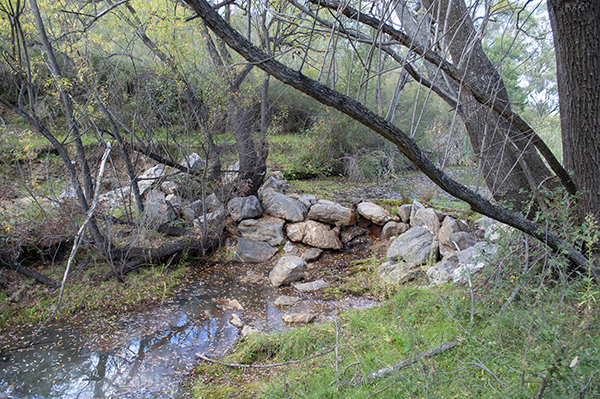Peter Andrews OAM, Gary Nairn AO and The Mulloon Institute have featured on BBC Future, in an online article by Australian journalist Georgina Kenyon.
The article covers the current drought and deforestation issues facing Australian farmers and how natural sequence farming and weeds can play an important part in restoring the landscape.
Excerpts from BBC Future article
“Scientists have shown that natural sequence farming does increase water flow, raising the water table,” explains Gary Nairn in the article.
According to Peter Andrews, natural sequence farming is just really about, “observing the landscape and returning it to what it used to be, to the best of your ability. Every plant has a purpose.”
Gary Nairn agrees.
“What we have learned is never to pull out a weed until you know what purpose that weed was fulfilling. A lot of weeds usually means there is something wrong with the fertility of the land. If you pull it out, you need to replace it with another plant,” says Gary.
“When you hold water in the landscape, you put carbon back in the landscape, too, and make it more productive and sustainable,” Nairn adds.
READ the full article ONLINE.
[Source: BBC Future, Georgina Kenyon, 10 May 2019.]
Peter’s Pond at Mulloon Creek Natural Farms, banking water in the landscape
